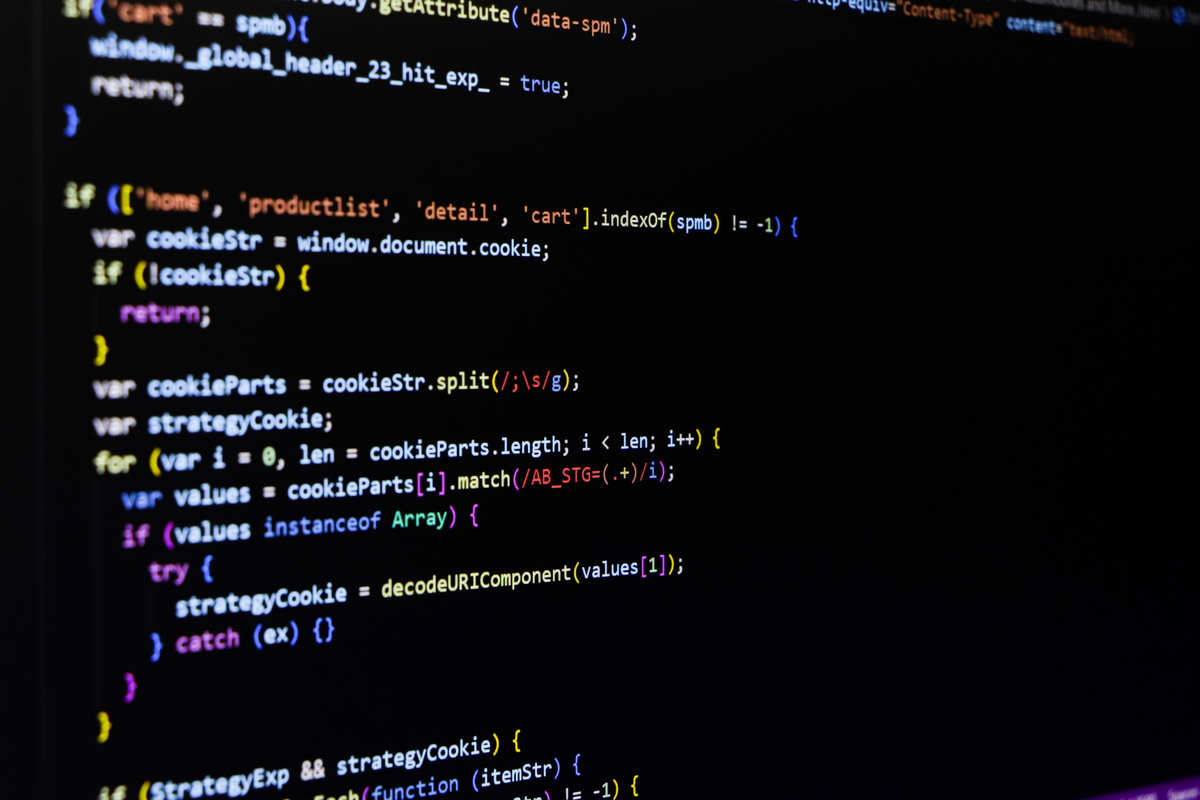Django Serializer Example: How to Serialize Data in Your Django App
This example demonstrates how to use a Django serializer to convert data from a Person model into JSON format. Assuming you have a models.py file containing a Person model with fields first_name, last_name, and email, your serializer would look like this:
from rest_framework import serializers
from .models import Person
class PersonSerializer(serializers.ModelSerializer):
class Meta:
model = Person
fields = ('first_name', 'last_name', 'email')
In this code, we import the serializers module from the Django REST framework and define a PersonSerializer class. We also import the Person model from our models.py file.
The Meta class within the serializer tells Django which model to use (model = Person) and which fields to include in the serialized output (fields = ('first_name', 'last_name', 'email')).
Here's how you can use this serializer to serialize a Person object:
person = Person.objects.get(id=1)
serializer = PersonSerializer(person)
serialized_person = serializer.data
In this code, we retrieve a Person object from the database with an ID of 1, create a PersonSerializer instance with that object, and then call the data attribute of the serializer to get the serialized output. The serialized_person variable would then contain a dictionary with keys 'first_name', 'last_name', and 'email', and their corresponding values from the person object.

原文地址: https://www.cveoy.top/t/topic/oht7 著作权归作者所有。请勿转载和采集!